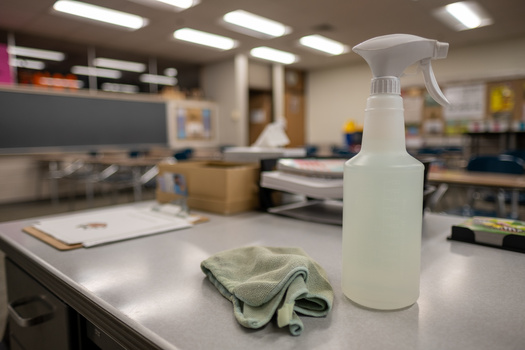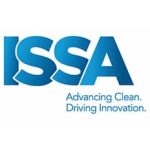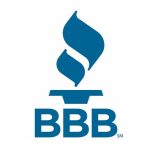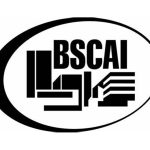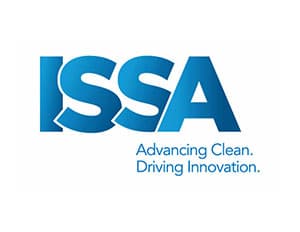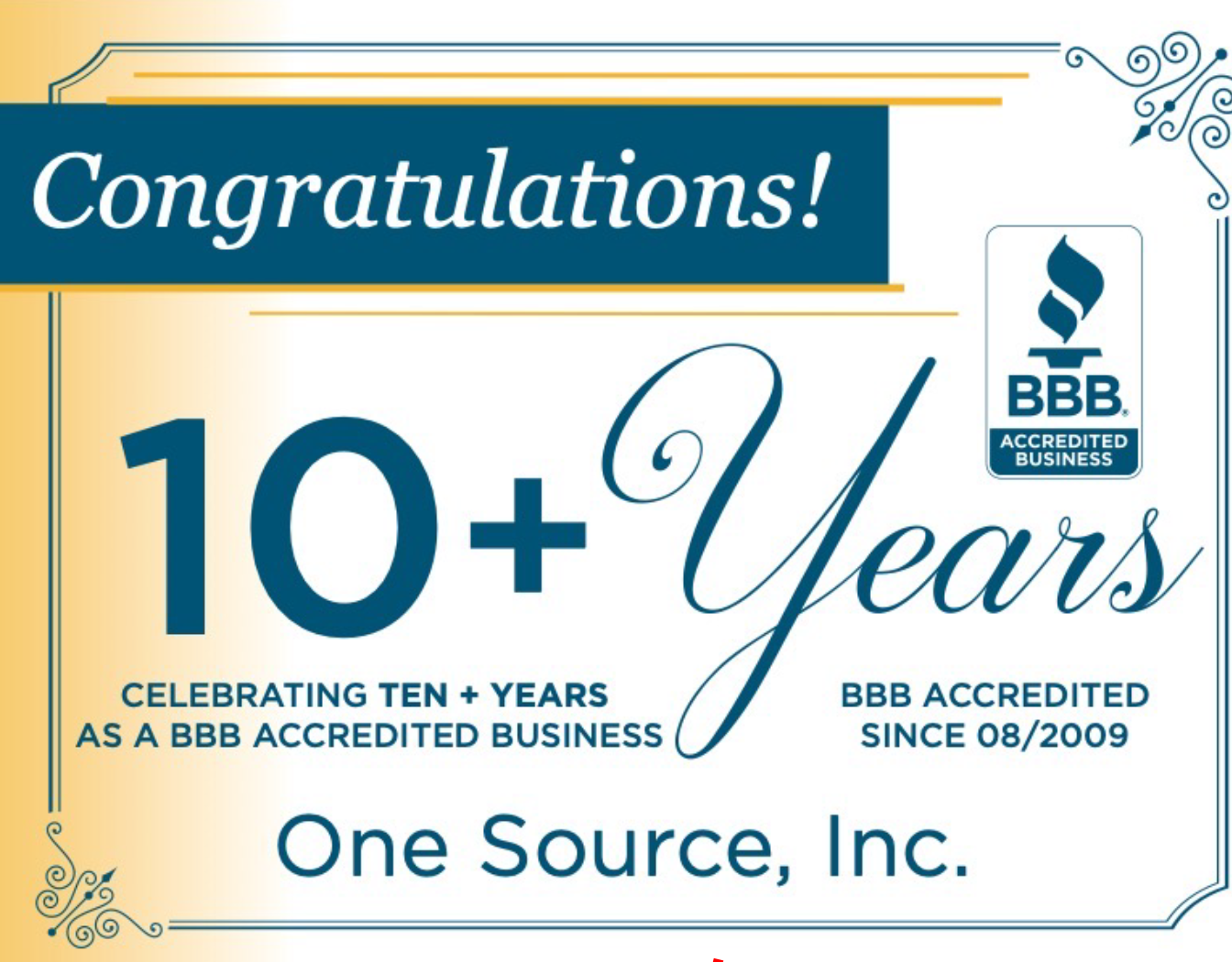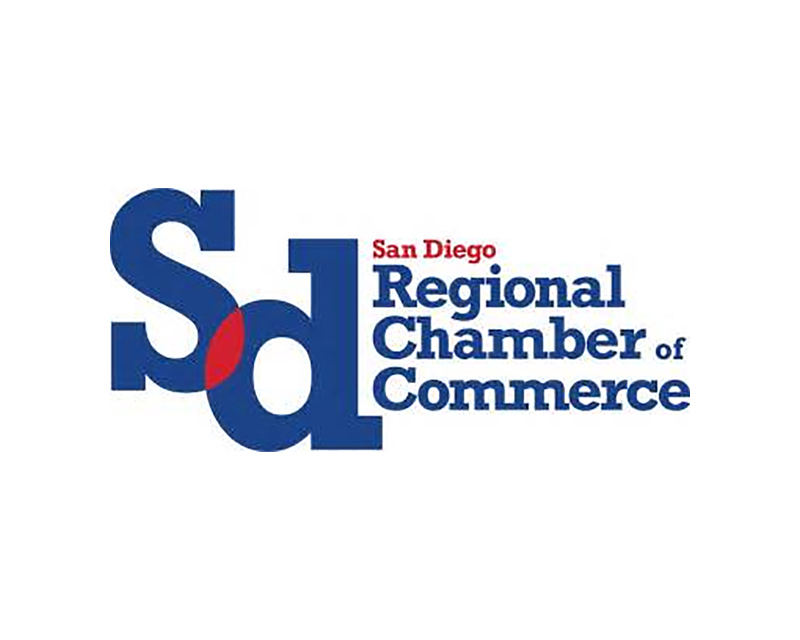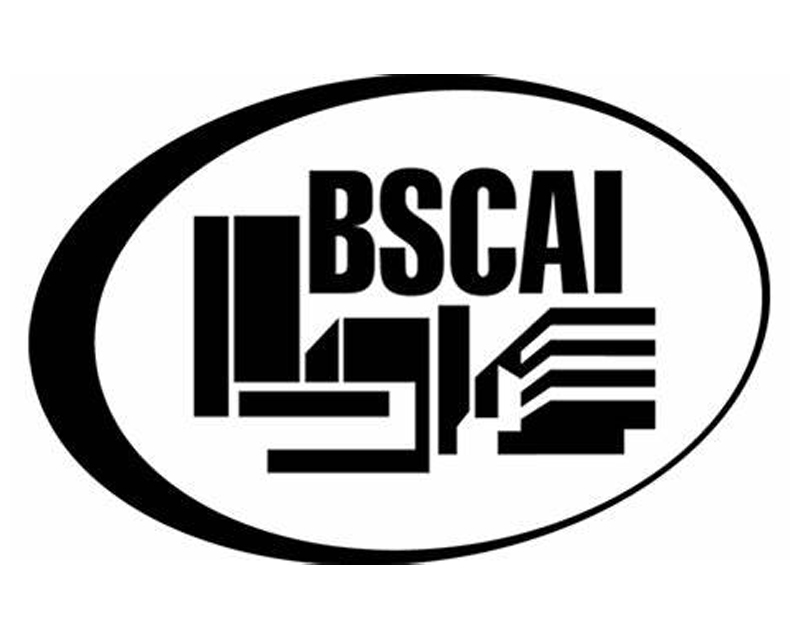Many schools around the world have adopted a practice of involving students in cleaning their school premises. This practice is often seen as a way of teaching students valuable life skills, such as responsibility, teamwork, and respect. However, some people may argue that students shouldn’t be expected to clean their school, as it may interfere with their academic performance, health, or safety. Keep reading as the commercial building management services pros at One Source, the experts in all types of business cleaning services san diego. organizations trust to coordinate cleaning services that meet all their needs, explore the pros and cons of having students clean their school and some of the best practices to follow.
Fostering Responsibility through Participation
There are several benefits of having students participate in cleaning their school, both for the students themselves and for the school community. Some of these benefits are:
- Responsibility and ownership – By having students take part in maintaining the appearance and hygiene of their school, they can develop a sense of responsibility and ownership of their learning environment. This ownership can lead to increased pride in their school and a heightened awareness of the impact of their actions on shared spaces. They can also learn to appreciate the work of the school janitors and other staff who keep the school clean and safe.
- Teamwork and cooperation – Having students work together on cleaning tasks can foster teamwork and cooperation skills that are essential for their future success. They can also learn to respect and help each other as well as to resolve conflicts and problems peacefully.
- Character building – Participating in cleaning can contribute to the holistic development of students’ characters. It reinforces values such as discipline, humility, and a strong work ethic.
- Enhanced learning and wellbeing – By having students clean their school, they can enhance their learning and wellbeing in various ways. For example, they can boost their physical fitness and mental health by engaging in physical activity and reducing stress. They can also improve their academic performance and motivation by having a cleaner and more organized classroom.
- Respect for resources – Involving students in cleaning can also instill a sense of respect for the resources available to them. When they’re directly involved in maintaining the school’s cleanliness, they may become more mindful of the materials they use and their overall impact on the environment.
- Preparation for adulthood – Learning to balance responsibilities, manage time, and maintain cleanliness are all skills that will serve students well in adulthood. Involving them in cleaning can bridge the gap between school life and the real world.
Balancing Priorities: Education vs. Cleaning
However, there are also some drawbacks of having students clean their school, which should be considered carefully. Some of these drawbacks are:
- Time and focus – When students spend time on cleaning tasks, they may have less time for academic activities, such as studying, doing homework, or participating in extracurricular activities. They may also have less quality time with their teachers or peers, who can provide them with guidance and support.
- Health or safety risks – By having students handle cleaning materials or equipment, they may expose themselves to health or safety risks, such as allergies, infections, injuries, or accidents. They may also come into contact with harmful substances or germs that affect their health or wellbeing.
- Inequality or discrimination – Having students clean their school may create inequality or discrimination among themselves or others. For example, some students may feel superior or inferior to others based on their cleaning roles or abilities. Some students may also face bullying or harassment from others who mock or abuse them for their cleaning duties.
- Quality of cleaning – Another concern is the quality of cleaning performed by students, especially if they lack proper training and supervision. A school’s cleanliness standards might not be consistently met, leading to hygiene and sanitation issues.
Finding a Middle Ground: Responsible Citizenship & Best Practices
If a school decides to have students clean their school, it should follow some best practices to ensure the practice is fair, safe, and effective. Some of these best practices are:
- Including all stakeholders – The school should involve all stakeholders, such as students, parents, teachers, staff, and administrators, in the decision-making process of having students clean their school. The school should explain the rationale and benefits of the practice as well as address any concerns or objections that may arise.
- Clear guidelines and expectations – The school should specify the roles and responsibilities of each student, the frequency and duration of the tasks, the materials and equipment to be used, and the standards and outcomes to be achieved.
- Rotating responsibilities – Schools could implement a rotating system, assigning different classes or groups of students to cleaning duties on a rotating basis. This approach prevents cleaning from becoming a burden for any single group and promotes a sense of shared responsibility.
- Proper supervision and training – The school should assign qualified and experienced staff to supervise and guide the students in performing their duties safely and effectively. The school should also provide adequate training and education for the students on how to use the materials and equipment properly and how to prevent or handle any health or safety issues.
- Recognition and rewards – The school should provide positive feedback and appreciation for the students’ work as well as incentives or rewards for their achievements. The school should also create a culture of respect and gratitude among the students and staff for each other’s contributions to keeping the school clean.
The question of whether students should be responsible for cleaning their school remains a topic of debate. While involving students in cleaning can foster a sense of ownership, teach life skills, and promote responsible citizenship, it’s crucial to strike a balance that doesn’t compromise their education or create inequities. Whether a school chooses to fully involve students in cleaning, implement a compromise, or stick to traditional custodial services, the ultimate goal should be to create a safe, welcoming, and conducive learning environment that prepares students for both academic and real-world success.
One Source is the only point of contact you need for exceptional school commercial maintenance services. We will develop a managed plan customized for your school, coordinating every element involved in ensuring you receive the high-quality services your students need to stay safe and healthy. Whether you need deep cleaning services for classrooms or daily restroom commercial maintenance, we’re the only call you’ll need to make. When it comes to school cleaning services education professionals can rest assured we’ll take care of all the details, and we offer the flexibility to schedule services whenever they’re needed. Call our commercial maintenance team at (858) 260-1090 to schedule a site visit, and we’ll get you a quote within 24 hours.

